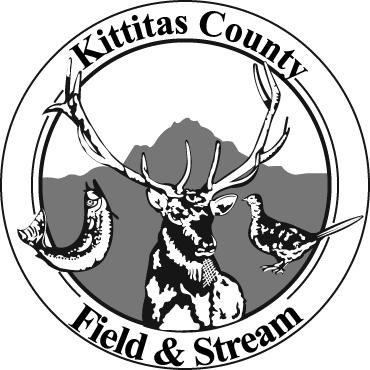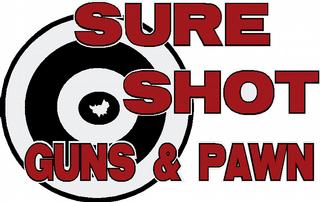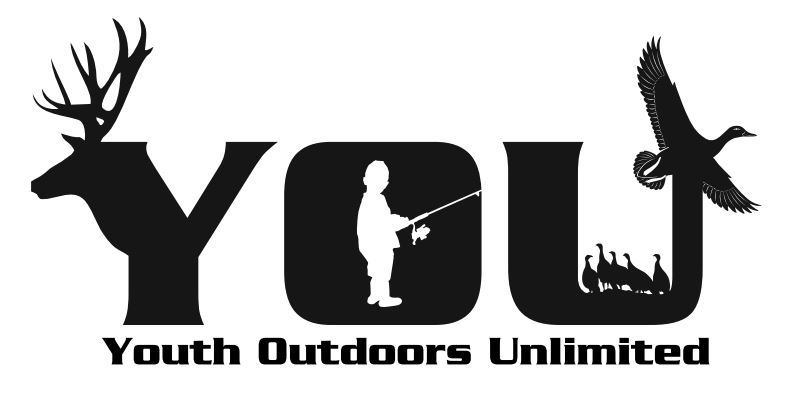A couple months back, I addressed the budget hole our Washington Department of Fish and Wildlife (DFW) was facing in the upcoming 2019-2021 biennium. I also made my argument that, while the department would be asking for license increases, we would still be paying less – relative to our incomes – than we paid in the 1950s (those “Good Old Days”).
DFW has now narrowed down its requests. I thought it may be of interest to you to see what changes are likely to happen, and how the department, with guidance from our Washington Wildlife Commission and the DFW Budget and Policy Advisory Group, has responded.
You already know that the Wildlife Commission is an eight-member board appointed by the governor from citizens across the state. It has supervisory authority over the department, and was created in its current form two decades ago. (See wdfw.wa.gov/commission/ for more information, members, and its work.)
You are likely not familiar with the more recently created Budged and Policy Group (BPAG), made up of representatives from 19 Washington State stakeholder groups. Members include the Mule Deer Foundation, Washington Wildlife Federation, the Hunters Heritage Council, Washington Farm Bureau, Washington Association of Counties, Inland Northwest Wildlife Council, representatives of outdoor businesses, forest associations and a variety of other user groups. You will find details about members and specific representatives for this citizen advisory group at wdfw.wa.gov/about/advisory/bpag/.
There are three important things I want you to know about the BPAG. First, this 19-member advisory group was created at the highest levels of DFW management in response to the need for much greater transparency in, and support for, the critical process to deal with the $67 million shortfall in the next biennium. Second, you probably already know that a number of the BPAG members have been strong critics of our wildlife department over the years. Third, many of the recommendations that have emerged from the DFW struggle for budget solutions were proposed by BPAG, and virtually all of them have been vetted by the advisory committee. This group of our peers from across the state was not just a public relations effort on behalf of DFW; its nearly two years of serious work was taken seriously and incorporated into proposals now on the table.
In review, here’s a bit about how our DFW got to this $30+ million annual ($67 million for the biennium) shortfall. DFW is still below funding it had a decade ago; license sales and general fund allocations have fallen behind management costs and are well below legislature-approved spending limits; and several one-time funding band-aids are expiring.
So, here’s a brief look at some of the hunting/fishing/recreational license changes you will see when the DFW Legislative Proposal (Request) goes to the Legislature at the end of this year. Proposed fees will vary from license to license, but overall expect to see an average increase of about 15%. You will see, also, that DFW is asking for authority to take some new approaches to licensing, which will benefit you or one or more of your hunting or fishing buddies and families. A couple examples: DFW is asking for authority to bundle licenses (families, multi-year, buddies, etc.); new hunter ed graduates could receive 20% discounts on purchase of their first license(s); new hunting and fishing license “bundles” at limited and reasonable cost; adjustments – more flexibility – in dealing with costs of licenses for disabled hunters and fishers. Housekeeping cleanups include aligning the ages of defined youth hunters with those of youth fishers at 16; and extending the Columbia River Salmon and Steelhead Endorsement which is about to expire. About a quarter of the $67 mil would be filled with fee increases and adjustments, and the rest would be (frankly) long-overdue money from the general fund.
Bear in mind that this budget challenge belongs to us all. This is our wildlife on our lands, managed by the folks in our wildlife agency – folks we have asked to keep wild things and wild places for those who come after us. We will continue to help our DFW develop its priorities, but it must be healthy enough for those arguments. When the Legislature takes up these budget questions, our voices must be heard.
Recall that I like to think “context.” In the late ‘50s, I made anywhere from 80 cents to a buck an hour for full-time work. My hunting and fishing licenses cost me 10 to 13 bucks. Today, similar licenses to hunt and fish cost me 10 or 11 times that. Yet, I, and most all of us make more than 10 or 11 time those 1950s wages. Our recreation licenses are – and will remain – a good deal.
Explore for yourself this whole budget process. Find a look at the future in the “Draft Long-Term Funding Plan” at wdfw.wa.gov/commission/meetings/2018/08/aug0918_02_plan.pdf (or Google “long term funding plan WDFW.”) The site wdfw.wa.gov/about/budget/development/ will give you more insight into the current budget process and request. When DFW’s formal request reaches the legislature, we will have further discussion in this space about our roles in keeping our wildlife department healthy. And remember that the DFW budget request was largely created, and is fully supported, by a strong and effective advisory committee of our peers.




